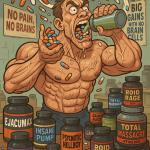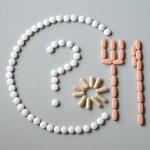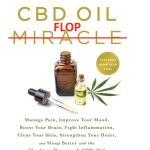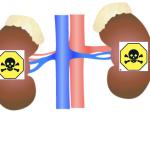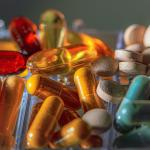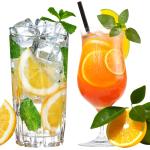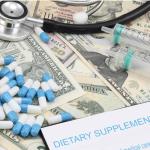It's no secret that I'm a supplement skeptic [1]. Thanks to a 1994 federal law, the DSHEA [2], companies, some of which are deeply unethical, are able to sell all kinds of crap.
dietary supplements
Cinnamon may have many uses in the kitchen, but its popularity is surging for other reasons. In the past, research has shown it could reduce blood glucose levels in Type 2 diabetes, as well as improve other conditions.
Eating Disorders and Dietary Supplements: A Review of the Science was published in May of 2023 in Nutrients and authored by Susan J. Hewlings.
Even though the following paragraph doesn't appear to have much to do with delta-8 THC, an isomer of delta THC, the primary intoxicant of marijuana, keep reading; it will.
Just what pain patients didn't need: Another useless substitute for real pain medication.
There's a disturbing item in the news from Japan where at least five people have died (more likely to follow) of kidney fa
Dietary supplements are a big business.
Given the pandemic, returning to work out of the office, the constant drumbeat of a dysfunctional federal government, and a world that appears increasingly unstable, it is no wonder we all feel a bit fatigued.
For years I've written extensively about the fraud perpetrated against the American people by the dietary supplement industry, and here are three pieces, for example:
It's time for a rant, and apple cider vinegar (ACV) – one of today's supplement darlings gets the spotlight.
